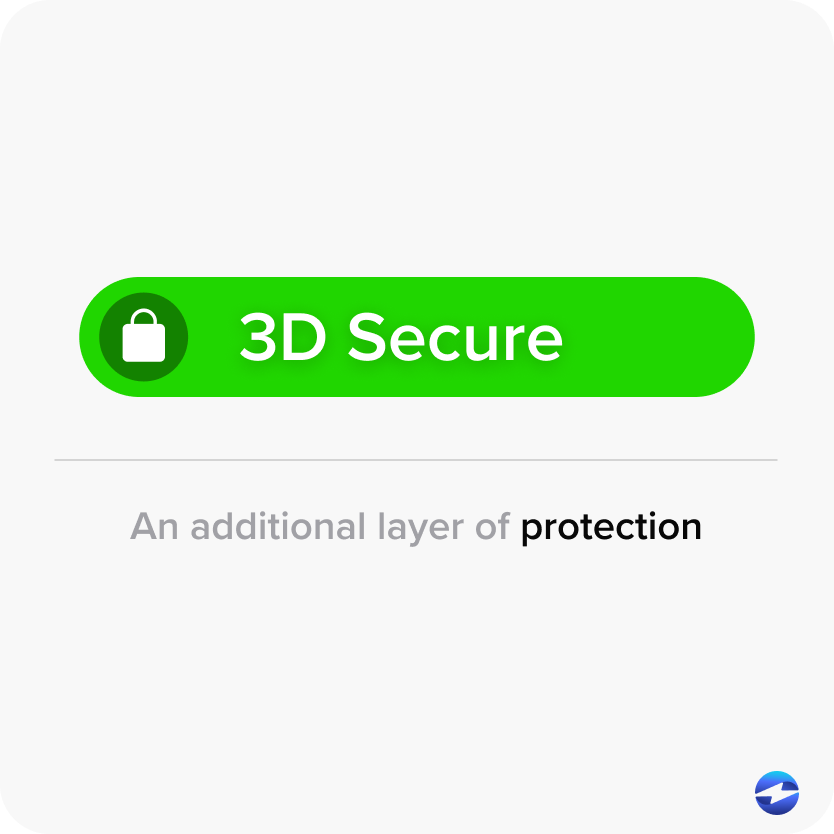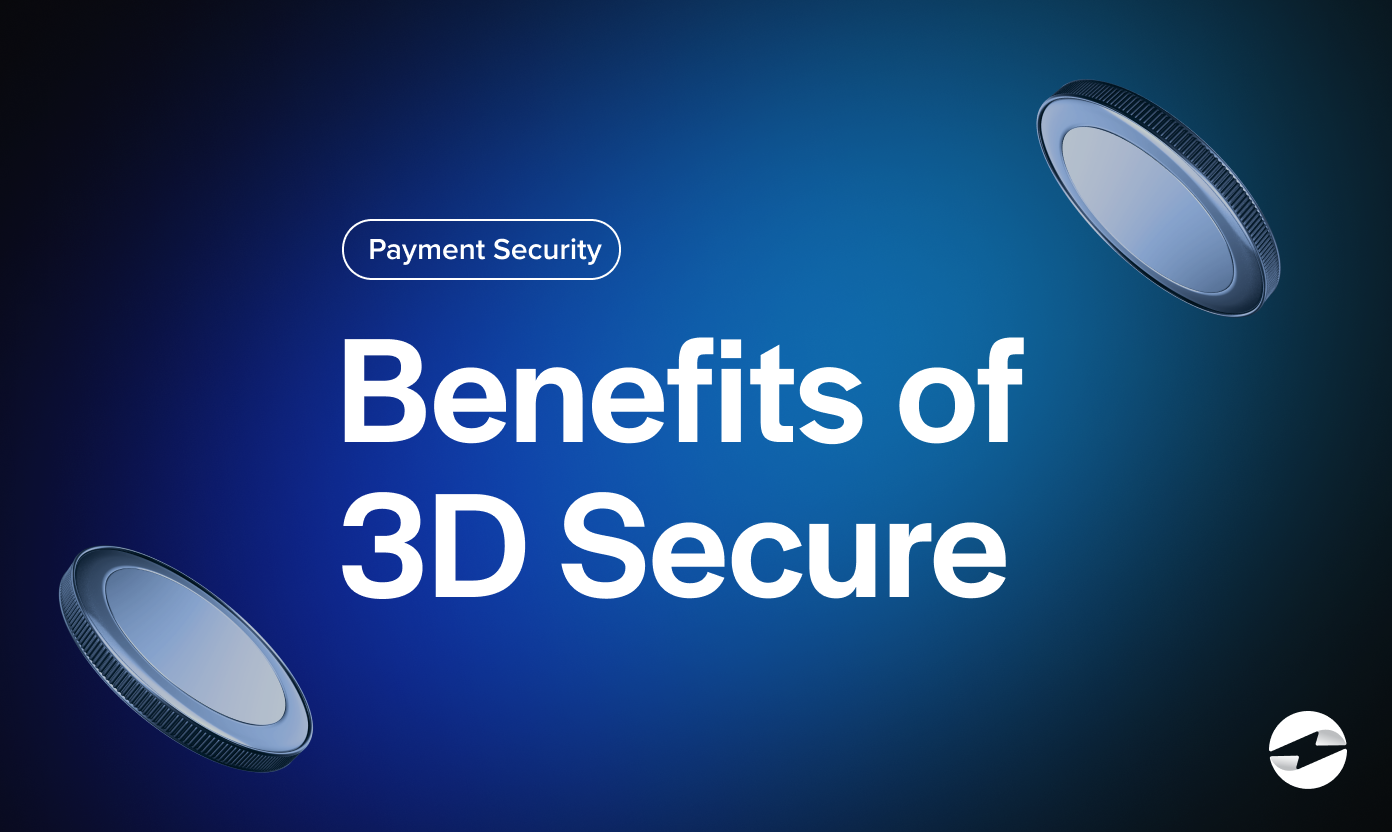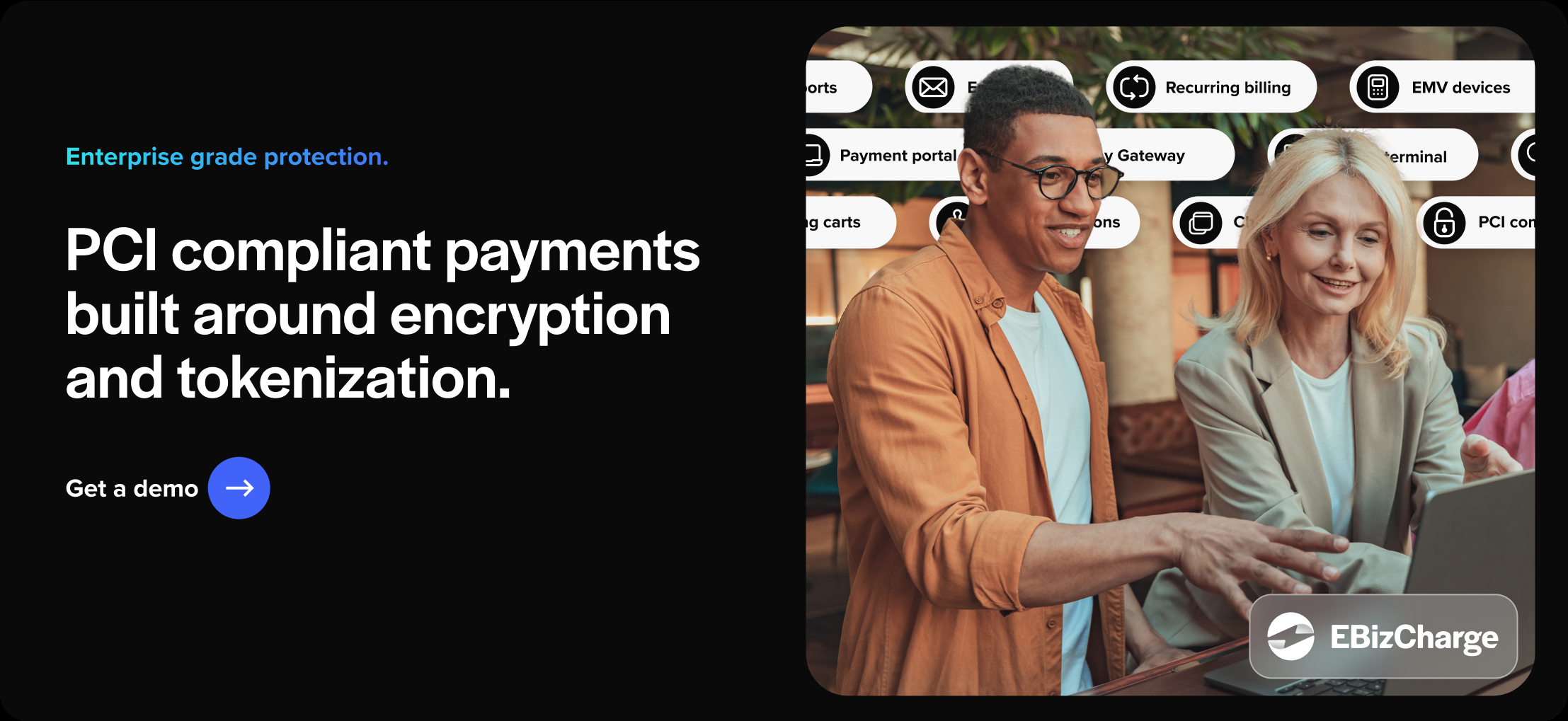Blog > 3D Secure: What it is and how it benefits your company in 2023
3D Secure: What it is and how it benefits your company in 2023
With 2.8 billion malware attacks and 255 million phishing attacks reported in the first six months of 2022, payment security is now a central concern for most businesses worldwide to keep up with digital payment technology.
The need for advanced payment security solutions to safeguard online transactions is more crucial than ever. One such cutting-edge technology is 3D Secure (3DS), a protocol designed to provide an additional security layer for online debit and credit card transactions.
You may be wondering what is 3D Secure (3DS) and, more importantly, how can 3DS payments benefit your company? This article will delve into these questions, providing an overview of 3D Secure and its potential to revolutionize your company’s transaction security.
What is 3D Secure?
3D Secure (3DS) is a protocol designed to provide an additional layer of security for online credit and debit card transactions. With more than 65 percent of people with credit or debit cards experiencing credit card fraud, an additional security layer is needed to protect consumers and businesses.
Visa and Mastercard developed 3D Secure as part of their ongoing efforts to protect companies from fraud and data breaches. You may recognize it as the Verified by Visa or the Mastercard SecureCode program.
The goal of 3DS transactions is to ensure fraud will not occur if the card is not present at the time of purchase. 3DS prompts customers to enter a unique code or password they’ve created in their bank’s verification process, confirming they are indeed who they say they are.
With 3D Secure, merchants can further reduce fraud and secure their online transactions.

How does 3D Secure work?
3D Secure operates through a sequence of steps that work to confirm customers’ identities and prevent fraud.
Initially, the customer inputs their payment details on a device such as a smartphone or computer. Next, a 3D Secure page appears, prompting the customer to authenticate their identity. This is typically done by entering a PIN or password, although modern systems may also utilize SMS text messages or one-time passwords.
The unique aspect of 3D Secure is the exchange of encrypted information that occurs next. This involves your system, the acquiring bank, and the issuing bank. The information exchange verifies the customer’s identity with high accuracy.
Based on the data received and analyzed, the system either accepts or declines the transaction. The customer is then notified of the outcome. This process not only protects the customer but also helps merchants reduce instances of fraud in online transactions.
What are the benefits of 3D Secure?
Using a 3D Secure system benefits all types of businesses in construction, transportation, or any other industry.
Here are four advantages you can expect from using a 3DS payment processing system:
- Reduced fraud and chargebacks. Merchants experience reduced fraud and chargeback costs due to 3D Secure’s additional layer of authentication that confirms customer identity.
- Improved customer trust. With enhanced security measures, customers feel more secure making transactions on your site and are more likely to become repeat customers.
- Increased sales. Less fraud and more customer trust can lead to increased sales over time for merchants.
- Seamless customer experience. 3DS payments streamline the customer experience by providing a quick and effortless authentication process for transactions.
Companies implementing 3DS can take advantage of these benefits, whereas those that fail to use 3DS may experience some negative repercussions.
What happens if companies fail to use 3D Secure?
Failing to implement 3D Secure can have severe repercussions for companies, including fraud, damaged reputation, revenue losses, and more.
Not applying 3D Secure causes businesses to be more susceptible to fraudulent transactions, leading to financial losses and damaging their reputation. Companies can also be more vulnerable to chargebacks, resulting in fewer sales and additional fees.
Furthermore, these companies may have higher payment processing rates due to perceived risk by payment processors. A lack of robust security measures like 3D Secure can erode customer trust, leading to decreased customer loyalty and potential loss of future sales.
As businesses increasingly move toward online transactions, the absence of 3D Secure can leave them at a competitive disadvantage, with customers choosing to shop at other online storefronts with more secure payment options.
How to implement or upgrade to 3D Secure
Businesses interested in implementing or upgrading to 3D Secure can typically apply this security feature with a few steps.
First, the company must contact their merchant account provider and inform them of their intention to use 3D Secure. The provider will then guide the business through all necessary steps for implementation or upgrade.
However, EBizCharge’s 3D Secure Program simply requires merchants to opt in to start taking advantage of this reliable security measure. Once merchants opt in, they’ve taken the proper steps to fully reduce fraud and build trust with their customers.
 Is you business PCI compliant? Take this 1-min quiz to find out.
Is you business PCI compliant? Take this 1-min quiz to find out. 

